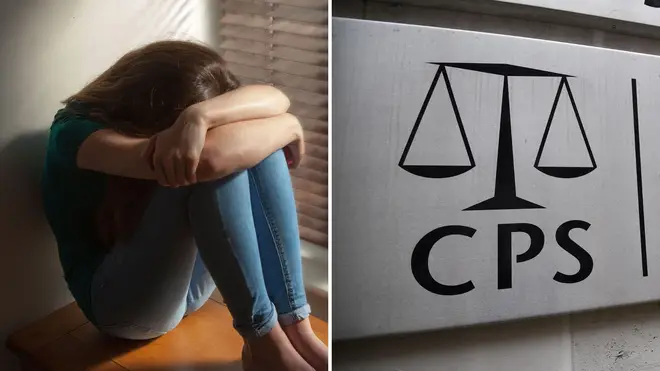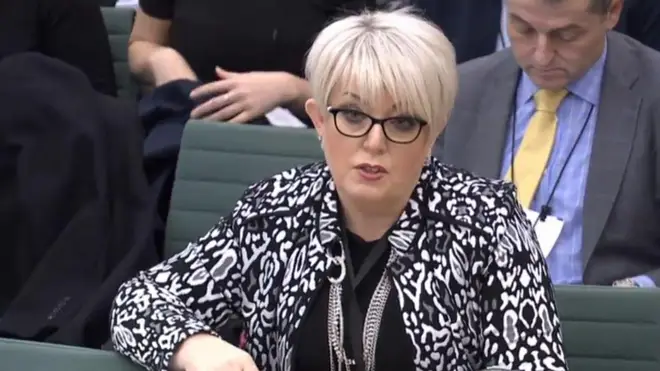
Ian Payne 4am - 7am
26 January 2024, 06:25 | Updated: 26 January 2024, 10:48

Young people have "shocking" misconceptions of rape, with more than two thirds of 18-24 year olds believing you cannot withdraw consent in-person after agreeing to have sex with someone online, new research has found.
The Crown Prosecution Service (CPS) found 72% didn't understand that you can say no, after initially saying yes when arranging to meet.
The largest survey of its kind in five years highlighted further alarming false beliefs, with half of young people saying it’s not rape if a victim doesn’t fight back. A further 58% didn’t believe rape can be committed in a relationship or marriage.
Less than half, 46%, recognised that if a man has been drinking or taking drugs, he is still responsible if he rapes someone.
The lead prosecutor for rape and serious sexual offences in England & Wales, Siobhan Blake, told LBC the "harmful assumption" that consent can be given in advance is now "playing out in the digital world".
Ms Blake told LBC: "The law of consent is clear - someone has to have the freedom and capacity to consent at that particular moment in time. It's not possible for another individual to simply assume consent based on previous conversations or behaviours.
"We have to be clear that consent is about consent in the moment."
The survey of more than 3,000 UK adults found that while the public’s accurate understanding of rape has grown over the past 20 years, there has been a "stark regression" of attitudes among young people.
The End Violence Against Women Coalition said it believes the attitudes are being driven by "the blurring of our online and offline lives".
The charity's director Andrea Simon said it's "not only created new forms of sexual violence, but new ways to blame victims based on our behaviours online".
"It is clear that the rapid, unchecked spread of online misogyny is also driving sympathy for perpetrators and misconceptions about sexual violence among young people," she said.
"This work is an encouraging start to addressing these harmful attitudes."
The CPS said it would use the findings to update it's training and guidance.

Ms Blake continued: "It's really important that we understand what harmful assumptions and misconceptions might be out there so we can call them out for what they are.
"It is quite shocking, and I think it's something we need to reflect on as a society. It's really important that our young people understand where the boundaries are, to help prevent future victims and future offending."
She encouraged victims to come forward, saying "some people might hear this today and realise that something they've not recognised as sexual assault previously was, infact, something they didn't consent to.
"Please still step forward and report. We in the CPS and our colleagues in the police don't believe these harmful assumptions and misconceptions. We know it sometimes takes a while for people to make decisions to step forward, and people sometimes don't understand the law around consent. We will still take your case very seriously."
The Victims’ Commissioner for England and Wales, Baroness Newlove, said: “This powerful report echoes what survivors tell me: that harmful ‘myths’ and misconceptions persist in our justice system, with serious consequences for survivors and justice.
“These assumptions also play a part in contributing to excessive and unjustified requests for private victim data in rape investigations.
“Yet as this important research underscores, these misconceptions are not set in stone; they can be dismantled over time, and that requires government and justice agencies, like the CPS, to lead the way.
“Victims deserve a system that respects and upholds their rights – and challenges harmful stereotypes.”